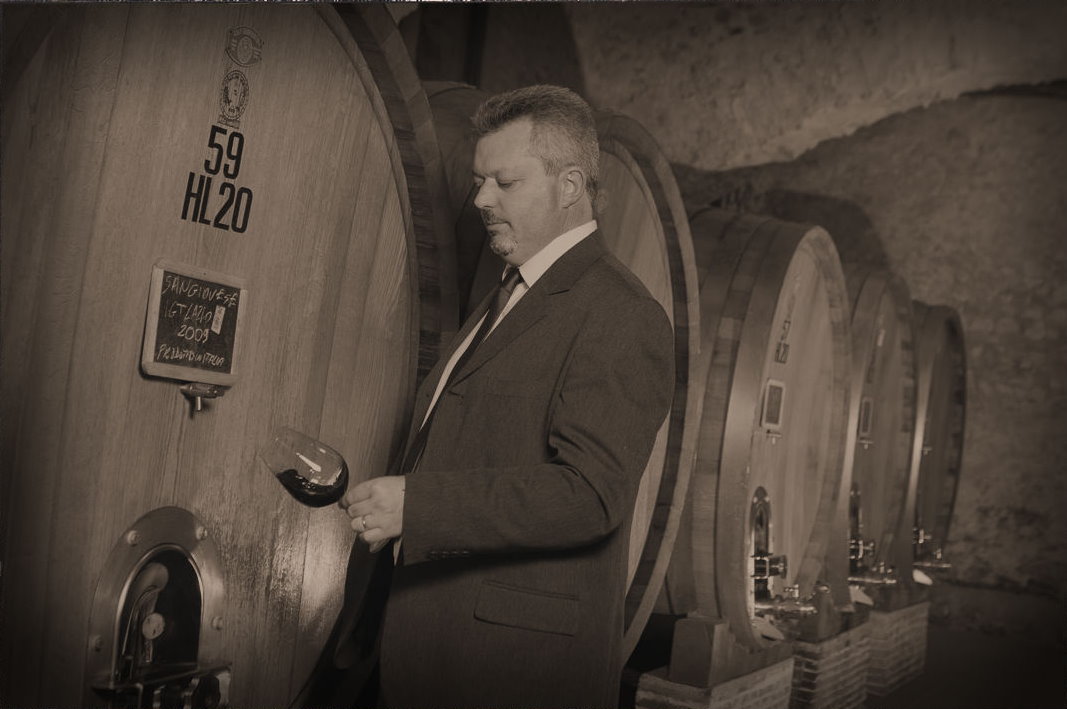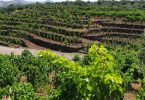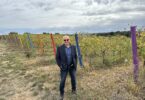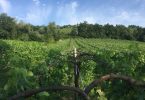The Wolf Post, supported by a Cultural Association, offers a professional service with free access, without subscription.
For this reason, a donation would also be a sign of appreciation for our work.
There are professions that have as a prerequisite for being carried out not (only) talent and a certain attitude but love for the land and nature. You can’t be a good winemaker if you don’t get in close contact with nature.
Carlo Roveda has felt this strong call for the earth since he was a child, as he himself says: “Since I was a child I have sought and, over time, kept alive, an indispensable relationship with nature and with the earth. This indissoluble combination influenced and characterized my first steps, teaching me to deeply love the peasant culture and the sacrifice of men, coming to condition all my future choices and thus marking the course of my studies, maturity and the precious achievements made today among vineyards and cellars. A blue or misty sky, the rays of the setting sun, the warmth of the bunches in the rows between the flowing red of the must that noisily learns over time in an alcoholic and skilful becoming. Simply my work, a passion born of my origins, a child’s dream that became a daily reality. ”
Graduated in 1984 as an Enotechnician at the School of Oenology “G. Cerletti” in Conegliano, in 1992 Roveda obtained the title of ENOLOGIST. He began his working career in 1989 in Friuli and continued in Lazio until 2005. From 2006, he became a freelancer and, subsequently, created the Oenological Consultancy company.
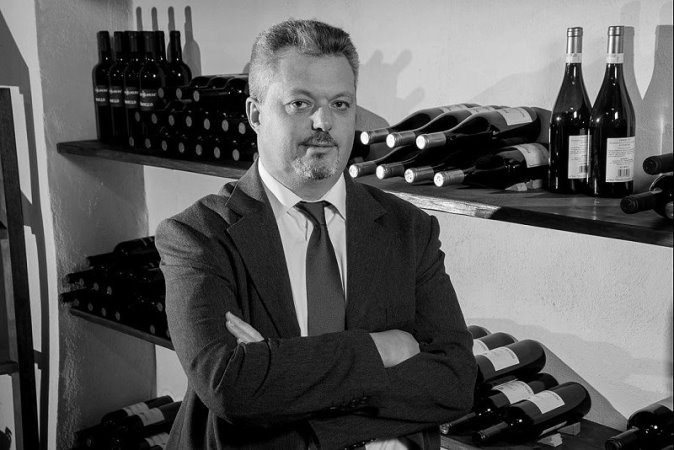
© Carlo Roveda Winemaker
How and when was your passion for wine born?
I was born with a passion for wine, I consider it a vocation. I fell in love with wine following my father when he “made wine for the house”.
When did you decide that the oenologist would become your profession?
I decided to become a professional winemaker at the age of 24/25 after my high school studies. What better way to celebrate my passion for the land and the vineyard.
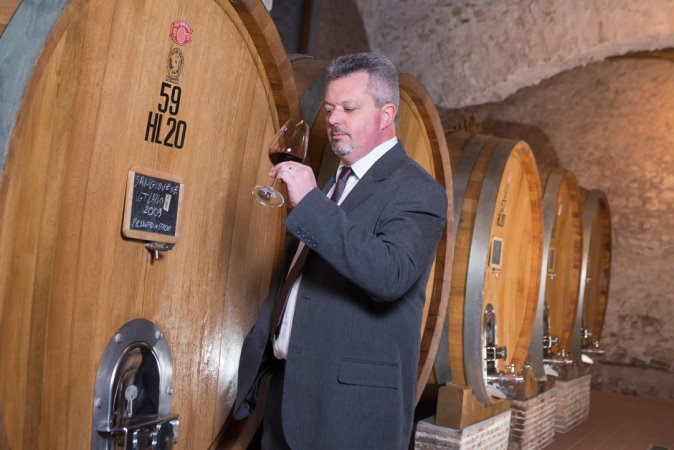
© Carlo Roveda Winemaker
How important is it for an oenologist to empathize with the people who take care of that vineyard and those hills?
It is important to understand the will and dreams of those who entrust you to transform them into something real, something appreciable. The harmony with those who work within a company, in all sectors and at all levels, is essential, creating a positive environment and a guarantee of success.
In the collective imagination of wine lovers, therefore, non-professionals, the sommelier is the best known figure within the “wine” chain while the oenologist works “behind the scenes”. How much, according to your experience, are the two figures (if they are), in opposition and how much, on the contrary, are they (if they are) complementary?
The winemaker is basically a technologist. He adapts the available techniques, organizes specific processing protocols for each individual reality.
The sommelier is an evaluator of the final product.
They are not in opposition, the contribution of the sommelier in achieving important results is useful for highlighting the particularities of an area, to highlight a style.
Personally, I often compare myself with professional sommeliers, I consider it essential to achieve the best levels of quality.
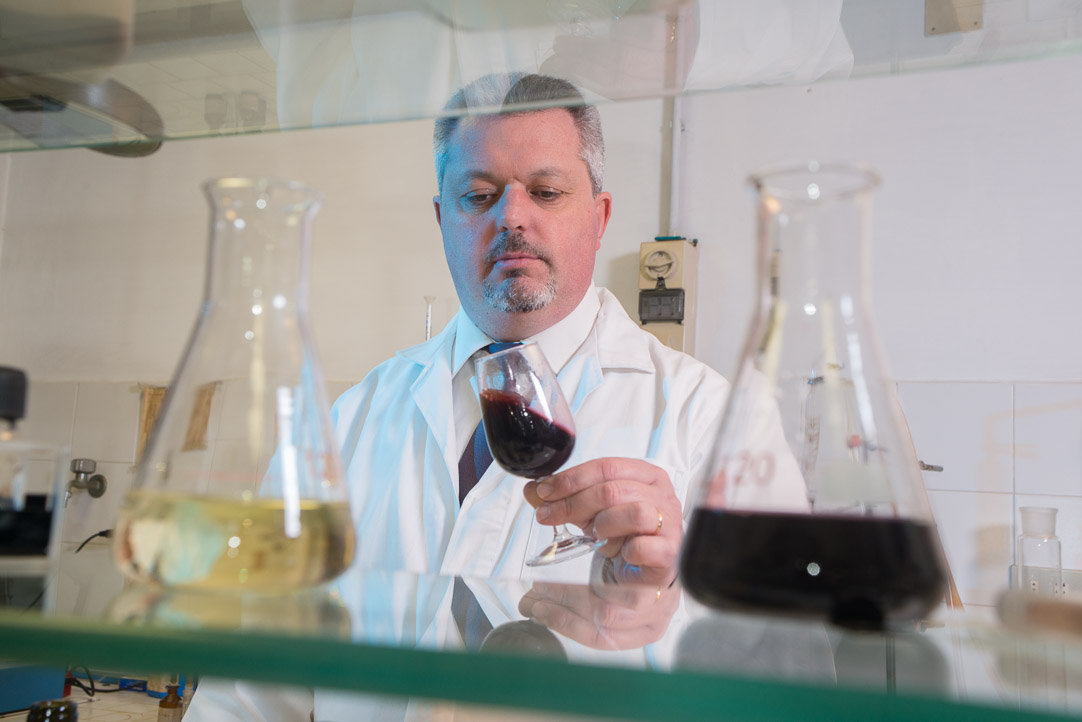
© Carlo Roveda Winemaker
How much has your profession changed, more or less positively, compared to its beginnings?
Consumer expectations are higher and higher, mass consumption no longer exists. It follows that the “specialization” of those who work in the sector must grow in order to obtain ever better and particular results.
Pandemic and state of health of the wine sector (Italian and International), what can your current experience tell you?
The difficulties are not lacking, we know. This period will also end, in the meantime let’s look ahead.
Each company reacts differently to circumscribe problems by using marketing channels that are little exploited for some, such as large-scale distribution, e-commerce.
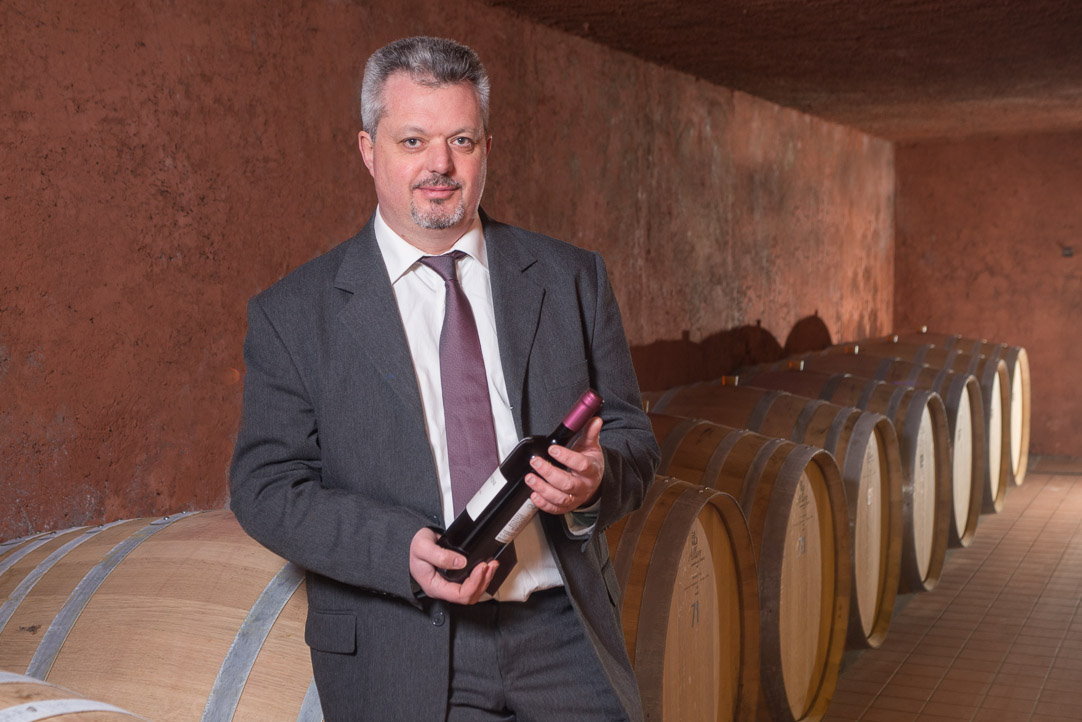
© Carlo Roveda Winemaker
The winemaker is also a controversial figure, acclaimed by most and criticized by others. You are accused of “creating” wines that must meet the canons of the guides, in short, please everyone. Fantasies, or is there, in some cases, a basis of truth?
The temptation of vanity is always present, or rather the desire to put “self-referential” wines.
I believe it is essential to know how to enhance what a company and a geographical area offers. If the product is recognizable because it represents a territory then there will be appreciation. Making everyone like him is not a good ambition. If it is authentic it will inevitably lead to a “division” between those who appreciate it and those who remain at a distance.
One of your merits and flaws, professionally speaking.
One of my merits is the concreteness in personal relationships and work. A flaw, which will not be the only one, is my lack of attention to the fashions of the moment.


